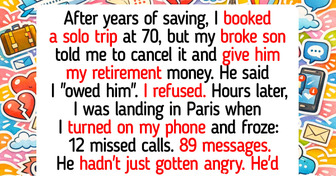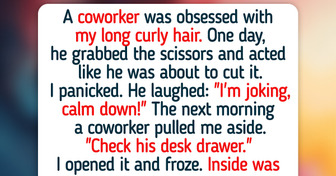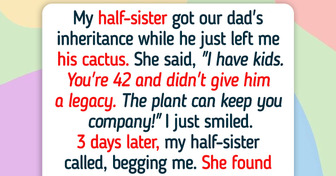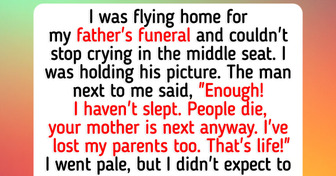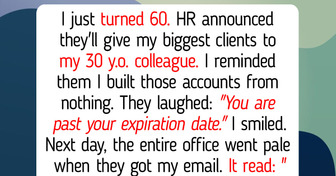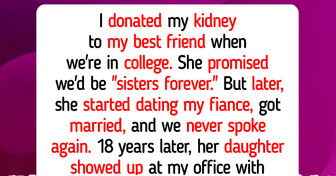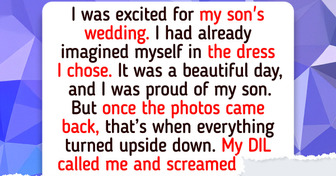12 True Stories That Grow More Twisted the Closer You Look
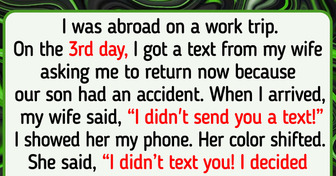
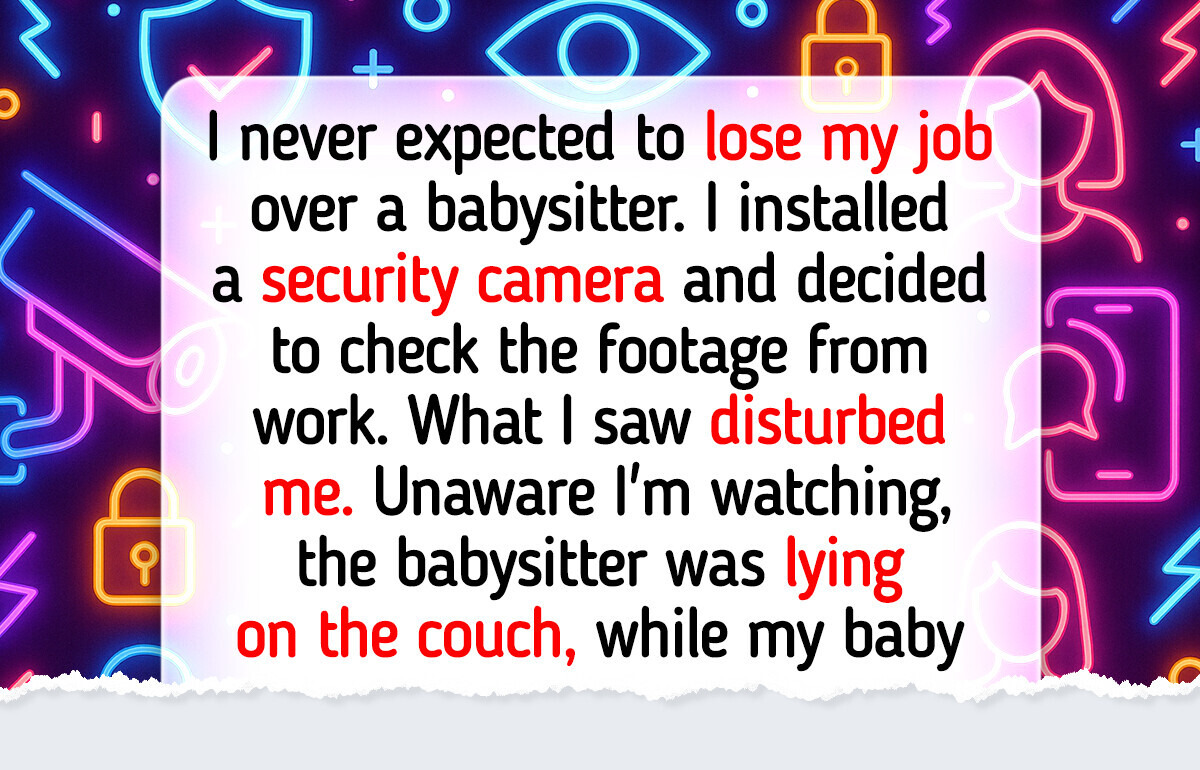
Parents know the weight of trusting someone else with their child’s safety. Even with thorough vetting and glowing references, there’s always a quiet worry that lingers once the door closes. In an age where home security cameras are as common as baby monitors, many caregivers find themselves relying on technology not just for protection, but for peace of mind.
Dear Bright Side,
I never expected to lose my job over a babysitter, but that’s exactly what happened.
Lately, my toddler had been acting odd. He’s clingier, more emotional, and hard to settle at night. Nothing dramatic, just enough to make me wonder, so I installed a security camera in the living room. The new babysitter didn’t know about it.
I decided to check the footage from work, and what I saw really disturbed me. Unaware that
I’m watching, the babysitter, who I thought I could trust with my child was lying on the couch, chatting on her phone, completely disengaged, while my baby was trying to climb out of the crib.
My child was visibly upset, he was screaming at the top of his lungs. And she wasn’t paying attention to anything that was happening around her. I packed up my things and left work without saying a word.
When I got home, she was still on the couch, chatting away. I told her she needed to leave. Right then. She asked about her pay, but I couldn’t bring myself to hand her anything. That didn’t feel like a job well done.
A few days later, my employer let me go. Leaving without notice wasn’t something they could overlook. And now the sitter is threatening to take me to court over unpaid hours.
Maybe I could’ve handled things differently. But at that moment, all I could think about was getting home to my kid. And honestly, I’d do it all over again.
Thank you for reaching out. This situation is a tough one, especially with your job being gone and her demanding payment. We’ve put together some tips that might come in handy in a case like this one.
Before any babysitting begins, it’s important to communicate what’s expected in clear, specific terms. This means discussing everything from screen time limits and dietary preferences to bedtime routines and emergency contacts. When both parties understand what’s expected from the outset, it minimizes confusion and creates a professional tone. It also gives the babysitter a chance to ask questions or voice concerns ahead of time, rather than making decisions on the fly.
If your home has cameras, especially inside, it’s essential to inform the babysitter. Not only does this avoid violating privacy laws in many regions, but it also builds a foundation of honesty. Let them know where the cameras are and why they’re there. Being open about surveillance helps reduce awkwardness and gives the sitter the opportunity to opt out if they’re uncomfortable, which can prevent future conflict.
Home cameras are a tool for accountability, not suspicion. When reviewing footage, it’s more constructive to look at overall behavior patterns rather than obsessing over isolated moments. A single missed detail may not be a cause for alarm, but repeated signs of disregard or negligence are worth addressing. Use footage to confirm confidence, or to identify red flags, in a balanced way.
If the footage raises concerns, take time to review the full context before taking action. Jumping to conclusions can escalate a situation unnecessarily. Instead, document what you saw, reflect on how it deviates from your expectations, and prepare to have a calm, direct conversation. Whether it leads to offering feedback, adjusting boundaries, or ending the working relationship, a measured approach protects both your child’s well-being and your integrity as an employer.
Technology has changed the way families approach safety and supervision in the home. While cameras can reveal uncomfortable truths, they can also reinforce confidence in a sitter doing the job well.

